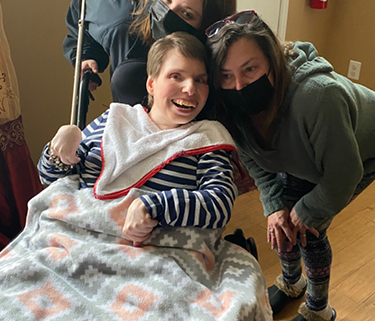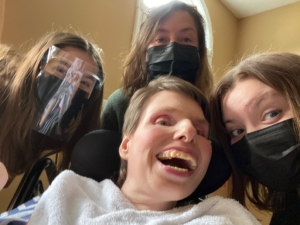Individual Food Drives Help Feed Hungry Tulsans
As The Arc of Oklahoma watched COVID-19 infections rise in their state in the second half of 2020, they hoped restrictions would decrease in time for their MLK Day of Service event in January 2021. But as the year progressed and COVID cases continued their upward trend, the organization began laying the groundwork to transition their in-person event into a virtual one. Regardless of the format, the goal remained the same: make a notable dent in Tulsa’s 15.8% food insecure population.
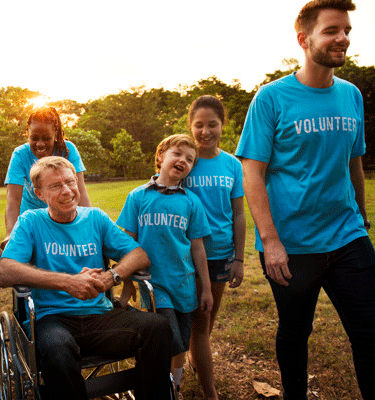
Interested in hosting your own MLK Day of Service event? Apply for a grant from The Arc and AmeriCorps to help organize your 2022 service project, give back to your community, and promote the inclusion of people with disabilities!
The Arc of Oklahoma’s Board of Directors, members of their Self-Advocacy Program, and community partners ultimately decided that individual food drives would maintain the integrity of the event while preserving the health and safety of all involved. So, “Individual Food Drive Hosts” set to work, collecting food items from families, neighbors, church members, and co-workers. Hosts then donated the items to their chosen pantry. By the end of March, 60 volunteers had administered individual food drives, serving nearly 430 of their fellow Tulsans.
The recipients of the individual food drives were not the only beneficiaries of the program. Volunteers from The Arc of Oklahoma’s Self-Advocacy Program also reaped benefits, growing professionally and personally. The majority of the volunteers have an intellectual and/or developmental disability (IDD) and experience difficulty communicating verbally and in social situations. Service projects such as these allow people with IDD to play a vital role in their communities though volunteering. As an added bonus, these individuals gain access to a welcoming and safe environment to practice social interactions and build the confidence needed to speak up for themselves and others.
Although the format of The Arc of Oklahoma’s 2021 MLK Day of Service event changed from their original proposal, it was a wonderful kick-off to a year of service, just as Dr. King had envisioned. Subsequent activities, such as the organization’s recent drive-through food distribution, have furthered the goal of alleviating hunger in Tulsa.
As The Arc of Oklahoma’s service events continue into the summer and fall, the organization’s true impact on food insecurity has yet to be seen. But if the following statement from a family who benefited from the food drive is any indication, the organization’s impact promises to be significant!
“I want to thank you with all my heart for how much you have helped us! You are wonderful people. Thank you for being so generous. Thank you to everyone who has helped us through you. You are angels to our family, and we are fortunate to know you!”

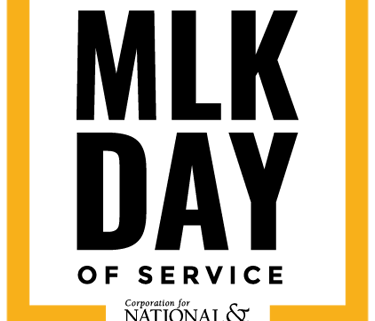

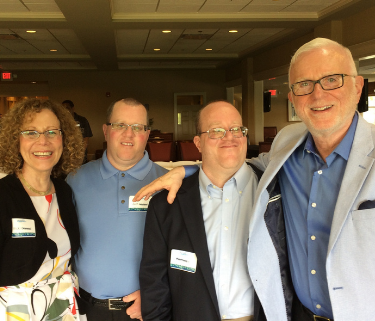
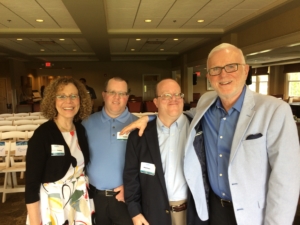

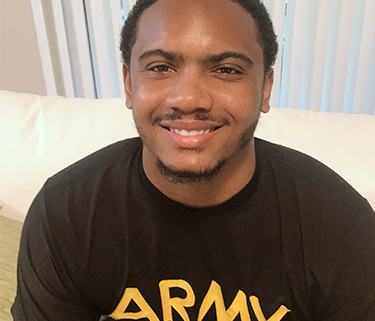
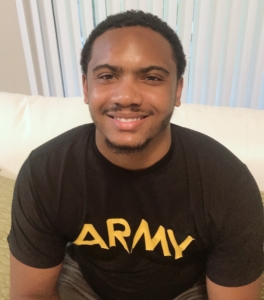

 Jose Velasco is thankful for the incredible journey of fatherhood. The father of two did not foresee the life he and his wife, Deya, and their son and daughter created, together. This Father’s Day, Jose reflects on nearly three decades of being a dad and how disability has rewarded his life in ways he had not imagined when the family began their autism journey. Each day of that journey, Jose has only wanted one thing.
Jose Velasco is thankful for the incredible journey of fatherhood. The father of two did not foresee the life he and his wife, Deya, and their son and daughter created, together. This Father’s Day, Jose reflects on nearly three decades of being a dad and how disability has rewarded his life in ways he had not imagined when the family began their autism journey. Each day of that journey, Jose has only wanted one thing.

